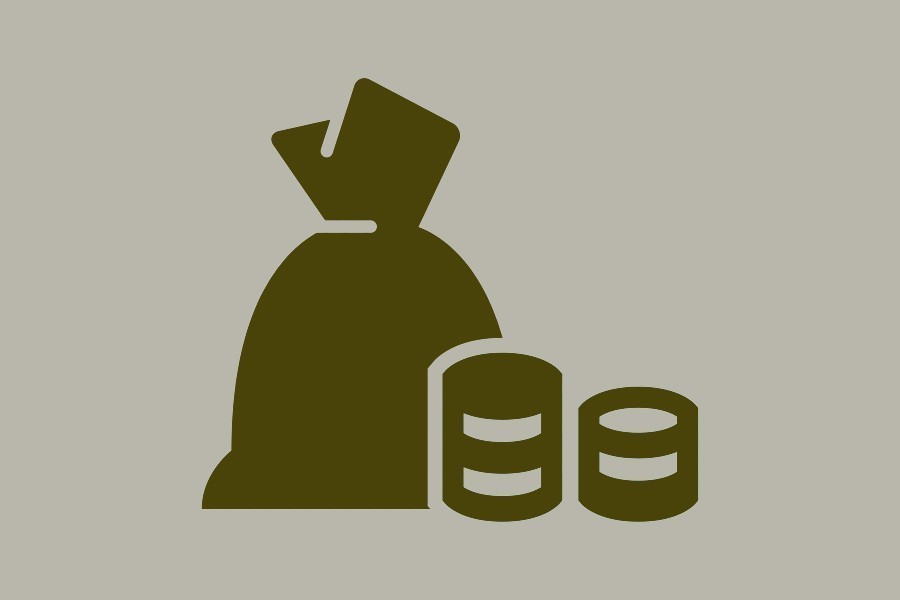The National Board of Revenue's apprehension of a shortfall of tax collection due to the austerity measures the country has been compelled to adopt in the current fiscal year is a logical consequence. It has to be only more so in a country where 65 per cent of the total revenue is earned from indirect tax and the rest 35 per cent from direct tax. The share of direct tax comprises income tax and corporate tax. A large chunk of revenue is earned from export and import. When a country like Bangladesh, which depends more on import of a number of essential commodities, is forced to slash inflow of a wide range of goods, the volume of indirect tax earned by the NBR is severely affected. The dollar crunch has only made the situation even worse. Actually imposition of restrictions on the non-essential and luxury goods which are targeted for the highest rates of taxation only dims the prospect of earning higher revenue. Bullish export of readymade garments could significantly compensate for the revenue loss in those areas but for the recessionary trend in the export destinations and atrocious depreciation of taka against dollar.
Two pieces of news published on the last page of this newspaper on Sunday have focused on the revenue earning and its expenditure as well. While the NBR has rightly identified the government's policy measures --- such as higher margin of taxes on import, imposition of regulatory duty on non-essential and luxury goods, and reduction of taxes on items like petroleum products, sugar and rice --- that will shrink the NBR's income, it must be admitted that the government had hardly any other option. However, the NBR looks at the issue from its traditional and stereotyped angle and fails to chart a course in order to ride over the rough patches.
In fact in the second piece of news lie most of the answers to the problem facing the NBR. On a broad line, it concerns widening the direct tax net. A seminar titled "Using Direct Taxation to Tackle Inequality and Boost Revenue" jointly organised by the Research and Policy Integration for Development (RAPID) and the Economic Reporters Forum (ERF) provides insights into the dismal tax-GDP ratio. The ratio at 9.0 per cent is the lowest in the world and surely calls for a raise. If only 2.4 million individuals out of 7.6 million people holding tax identification numbers (TIN) in a country submit tax returns, there is certainly something seriously wrong. Also there are people in villages who have no TIN but have more than taxable annual incomes.
There should be no excuse of manpower shortage on the part of the NBR to expand the base of revenue collection. Both policymakers and the NBR should devise a strategy to bring all eligible tax-paying individuals evading payment under the latter's tax net. The tax-GDP ratio will thus gain a significant boost. Even if the 'tax-free income ceiling for the individual tax payers' is raised, claims the presenter of the keynote paper at the seminar mentioned above, the revenue collection can go up to more than 3.0 per cent from its current 1.0 per cent of the GDP. One highly potential area is corporate tax where only 30,000 of the total 273,000 firms registered with the Registrar of Joint Stock Companies Firms pay corporate tax. The NBR must get its priority right.


